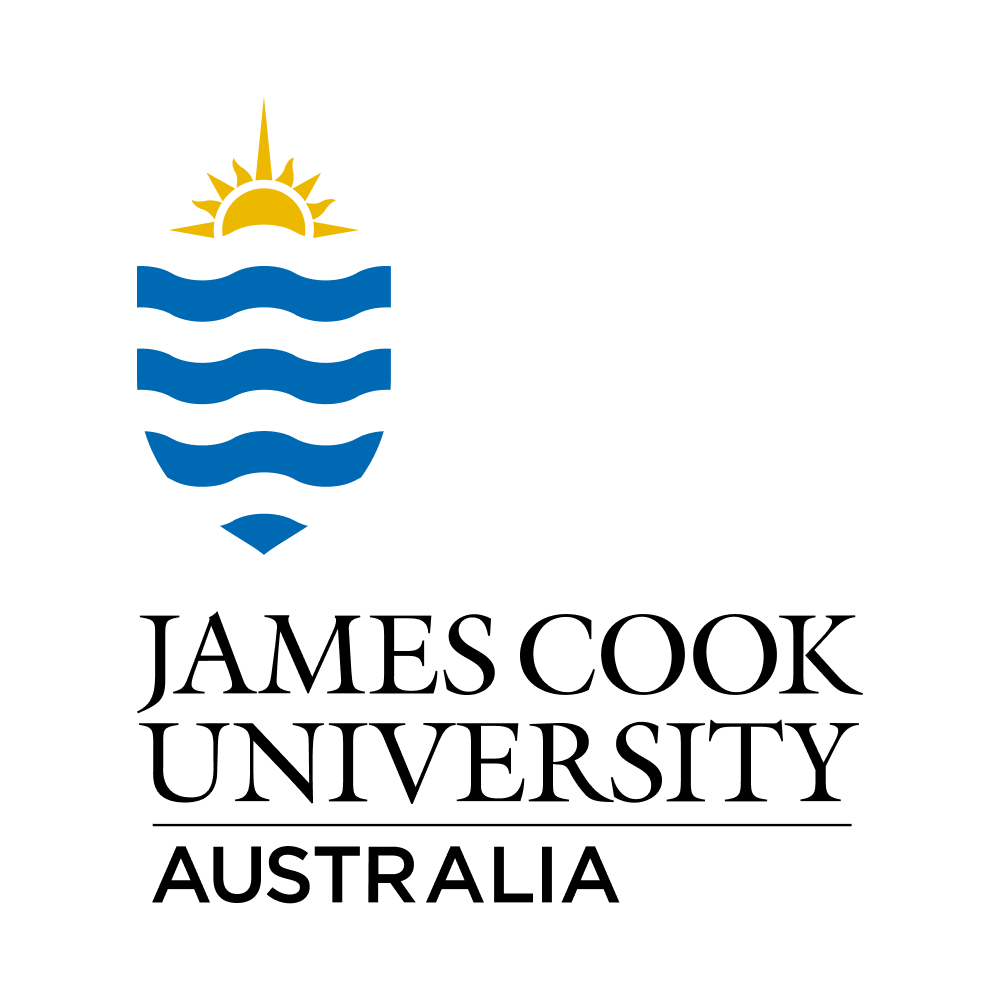James Cook University
Master of Professional Accounting
- Delivery: Face to Face
- Study Level: Postgraduate
- Duration: 24 months
- Course Type: Master's
Develop the skills and knowledge required to become a practising accountant with flexible study options.

Course overview
Focus on essential areas of accounting including management, corporate finance, auditing, business and taxation law, data analysis, and economics for sustainability. Explore introductory and advanced issues in accounting and demonstrate your understanding through an applied research project.
Understand both historical and contemporary perspectives and evaluate social and environmental practices. Make recommendations and give informed advice with confidence. Develop your professional judgement to work independently and with integrity. Master of Professional Accounting graduates are highly-skilled professionals who lead successful careers in finance.
Key facts
September, 2026
What you will study
To complete the Master of Professional Accounting, you must complete these subjects and earn 48 credit points:
Business subjects
- Marketing Essentials OR Career Planning
- People in Organisations
- Corporate Responsibility and Governance
- International Political Economy
Core subjects
- Management Accounting
- Corporate Finance
- Introduction to Accounting
- Auditing and Assurance Services
- Business Law
- Taxation Law
- Law of Business Organisations
- Accounting for Corporations
- Advanced Issues in Accounting
- Information Analysis and Systems
- Economics for a Sustainable World
- Applied Research Project
Entry requirements
Academic requirements
To be considered for admission into the Master of Professional Accounting program, applicants must meet one of the following requirements:
- Completion of an AQF level 7 bachelor's degree in a non-accounting discipline from this or another university.
- Other qualifications or practical experience recognised by the Deputy Vice-Chancellor of the Academy as equivalent to the above.
English language requirements
For applicants from non-English speaking backgrounds, contact the university to find further information about English language requirements.
Recognition of Prior Learning
You may be able to get credit for your course based on prior formal, non-formal or informal learning. To apply, you will need to provide supporting documentation outlined by the university. Contact the university for more information.
Outcomes
Career outcomes
Graduates pursue job opportunities in the public and private sector. Successful completion of all accredited subjects fulfils the academic entry requirements for the professional accounting bodies Certified Practising Accountants (CPA) Australia and Chartered Accountants Australia and New Zealand (CAANZ).
Learning outcomes
- Critically analyse complex accounting-related knowledge and practice from both historical and contemporary perspectives.
- Evaluate contexts within which differing accounting performance reporting and monitoring methods should be integrated and applied.
- Evaluate sustainable economic, social and environmental practices and value systems from accounting disciplinary perspectives.
- Integrate advanced theoretical and technical accounting knowledge which includes a selection of auditing and assurance, finance, economics, quantitative methods, information systems, commercial law, corporation law and taxation law.
- Research and apply established concepts to solve business and professional practice problems.
- Critically analyse complex contemporary business issues using appropriate accounting models and techniques and make reasoned recommendations based on a synthesis of theory and evidence.
- Present complex business analyses and information appropriately to both accountants and non-accountants using effective oral presentation skills, and clear and fluent written communication.
- Work effectively in achieving common goals, demonstrating both collaboration and leadership.
- Adapt accounting constructs and skills to diverse theoretical or practical situations.
- Exercise judgement under minimal supervision to solve emerging and/or advanced accounting problems in complex contexts using social, ethical, economic, regulatory and global perspectives.
- Seek and reflect on performance feedback to identify and action learning opportunities and self-improvements and initiate this process for others.
Fees and FEE-HELP
Estimated first-year tuition fee in 2026: $32,167 (domestic full-fee paying place).
All costs are calculated using current rates and are based on a study load of 24 credit points (normally eight units) per year.
Student fees may vary in accordance with:
- The number of units studied per term.
- The choice of major or specialisation.
- Choice of units.
- Credit from previous study or work experience.
- Eligibility for government-funded loans.
Student fees shown are subject to change. Contact the university directly to confirm.
FEE-HELP loans are available to assist eligible full-fee paying domestic students with the cost of a university course.








